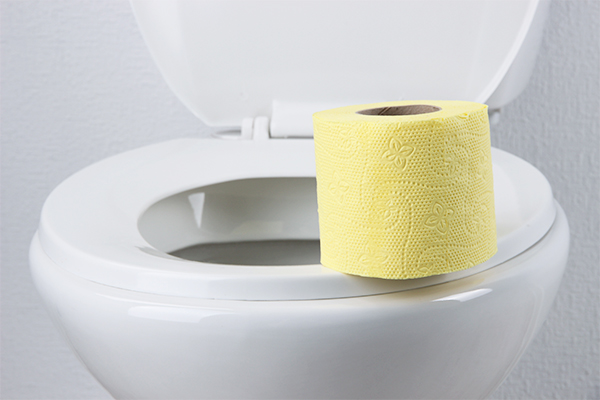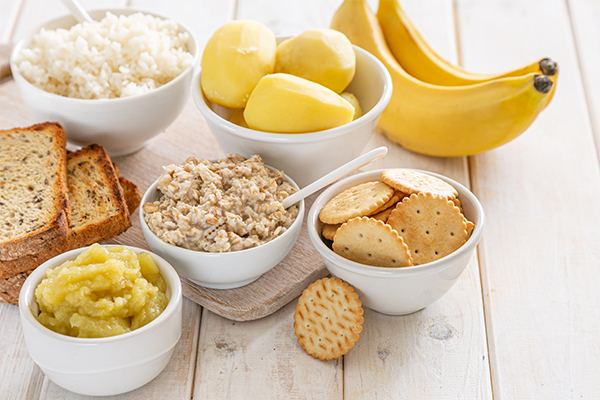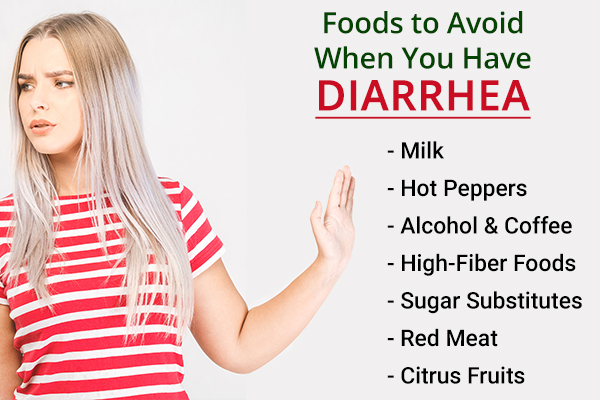In this article:
How many times have you asked yourself, what’s that noise my stomach is making, or will this meal cause a flare?

While digestive issues are very common, it is important that you understand the root cause of these symptoms. One very common digestive issue is diarrhea.
Diarrhea is defined as having three or more loose/watery stools per day. (1)
The Prevalence of Gastrointestinal Issues
One study suggested that gastrointestinal (GI) symptoms are highly prevalent and extremely common in the United States. (2) GI symptoms are so common that out of 71,812 individuals studied, 61% of these individuals had at least one or more GI symptoms in the past week. (2)
Common Causes of Diarrhea
Some common causes of diarrhea may include:
- Functional bowel disorders such as irritable bowel syndrome
- Inflammatory bowel diseases
- Malabsorption
- Celiac disease
- Gastroenteritis
Main Symptoms of Diarrhea

Some common symptoms of diarrhea may include:
- Increased frequency of bowel movements
- Increased stool volume
- Unformed stool
- Abdominal pain
- Incontinence
- Bloating
Diarrhea may often be accompanied by:
- Fever
- Chills
- Weight loss
- Nausea
- Vomiting
Best Treatment Plan for Diarrhea

While most cases of diarrhea resolve on their own, the following tips may aid recovery:
- It is important to rehydrate yourself with water and electrolytes from the loss of these items in the stool. If diarrhea is severe, IV fluid hydration may become necessary for treatment.
- Certain fiber supplements, such as psyllium husk, may help with firming loose stools. Psyllium husk is a soluble, non-fermented gel-forming fiber. (3)
- Consuming foods that are high in fiber can help in making stools firm.
- A typical diet that may be beneficial with stool formation that is sometimes used in the clinical setting is a bland “BRAT diet.” The BRAT diet consists of bananas, rice, applesauce, and toast. (1)
Recommended Dietary Changes to Relieve Diarrhea
No single food causes diarrhea in all people. Instead, an underlying condition may be causing diarrhea.
For a person who has been diagnosed with irritable bowel syndrome (IBS-D), consuming a short-term, low-FODMAP diet may be helpful in alleviating abdominal pain and diarrhea. (4)
Foods to Avoid During Diarrhea

If the cause of diarrhea is unknown, perhaps limiting certain foods for a short period may be helpful:
1. Milk
Milk and other dairy products contain lactose that can irritate the gut and aggravate diarrhea.
2. Hot peppers
Spicy foods can stimulate the production of stomach acid and, therefore can cause irritation.
3. Alcohol and coffee
Caffeine activates the sympathetic nervous system, often causing GI issues such as diarrhea. Moreover, alcohol and coffee increase the risk of dehydration during diarrhea.
4. High-fiber foods
Foods such as legumes, cruciferous vegetables, and nuts have a high fiber content, which can further irritate the intestines during diarrhea due to improper digestion.
5. Sugar substitutes
Sugar substitutes stimulate the overproduction of electrolytes and water, which causes loose bowel movements and, thus, diarrhea. (5)
6. Red meat
Red meat has high fat content, which aggravates diarrhea symptoms.
7. Citrus fruits
The acidity of citrus fruits, such as limes, oranges, lemons, and grapefruits, can irritate the stomach lining and cause diarrhea.
Fructose-Rich Foods Can Trigger Diarrhea
Some foods that increase the transit time in most individuals are foods that are high in fructose.
Fructose is absorbed slowly and when consumed in excess, it is not sufficiently absorbed in most individuals, which may cause gas, bloating, or diarrhea. (6) Foods that contain high amounts of fructose include honey, apple, mango, some dried fruits, and asparagus.
Food Allergies and Diarrhea
Certain food intolerances, such as lactose intolerance (predominately coming from dairy products such as certain cheeses and milk), may contribute to watery diarrhea, bloating, and flatulence.
It may be helpful to test for lactose intolerance and to continue following up with your doctor in the future since tolerance may change.
Final Word
Diarrhea and other GI conditions are very common in the United States. If you are suffering from any concerning GI condition, make sure to speak with your physician to identify the root cause.
Once determined, it is recommended to speak with a registered dietitian so that they can prescribe a diet that best fits your needs and helps alleviate the symptoms associated with diarrhea.
- Was this article helpful?
- YES, THANKS!NOT REALLY


